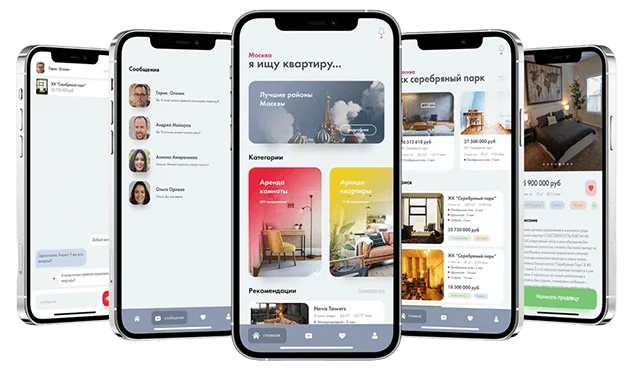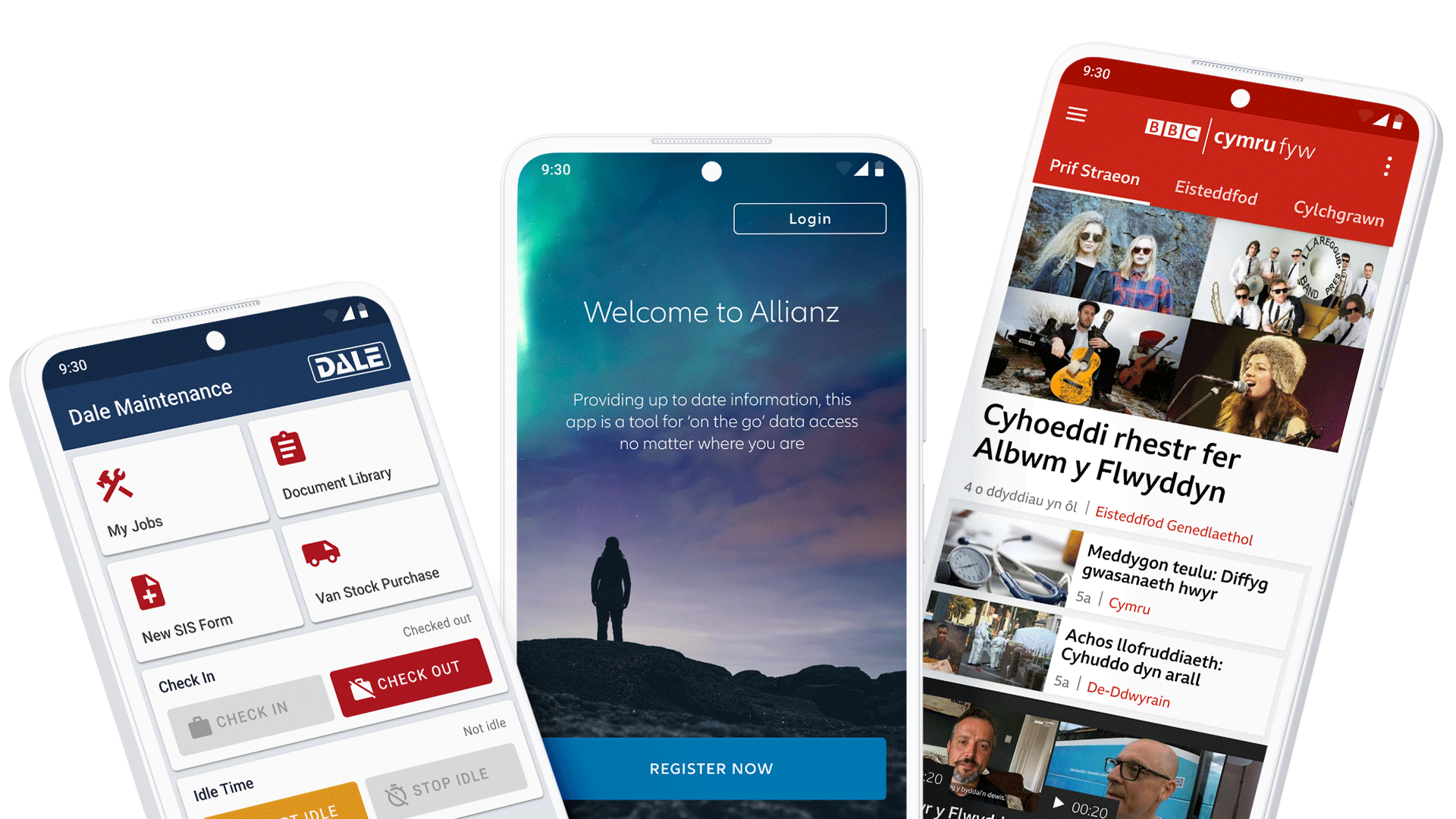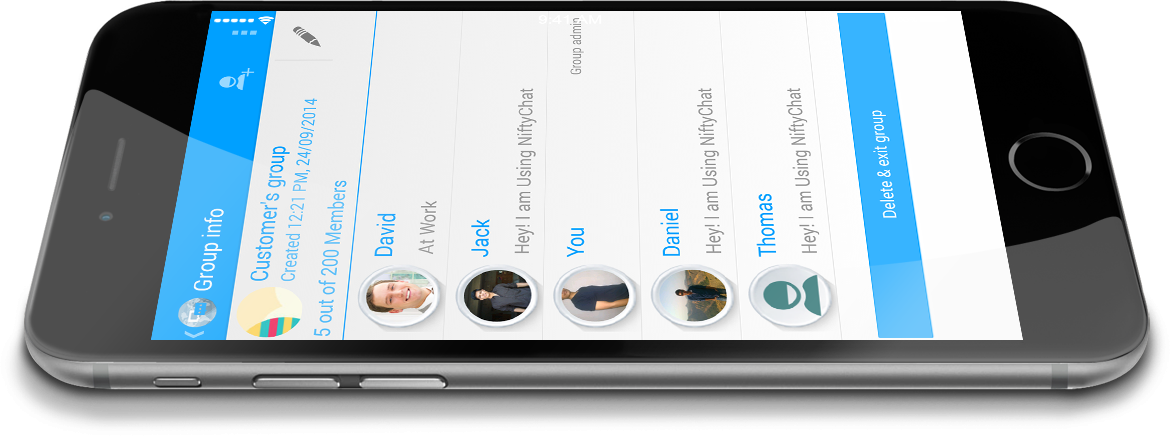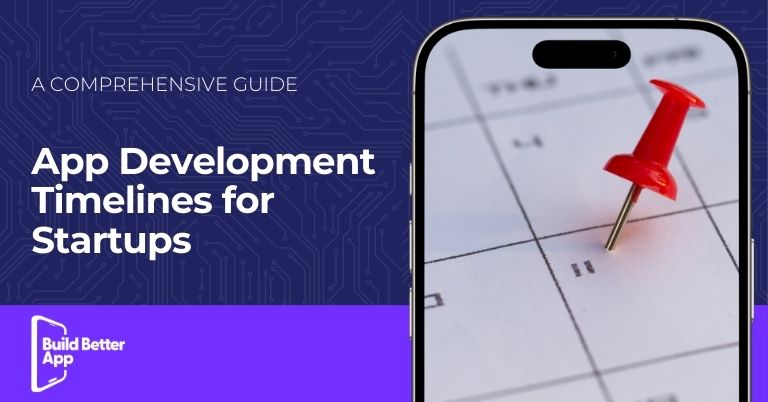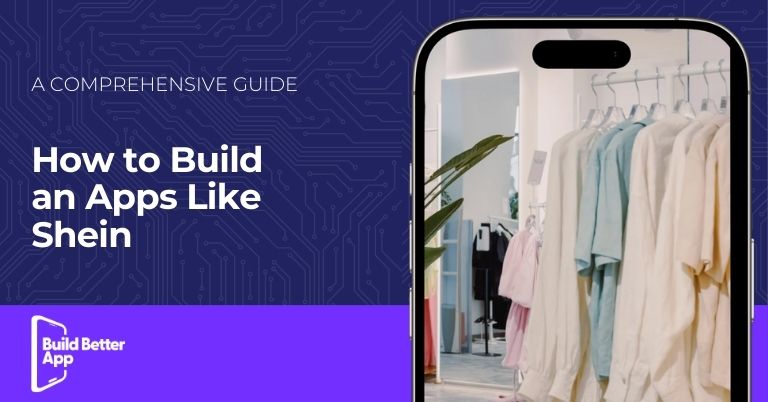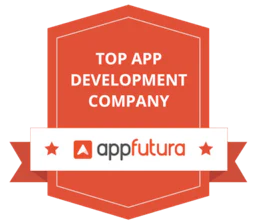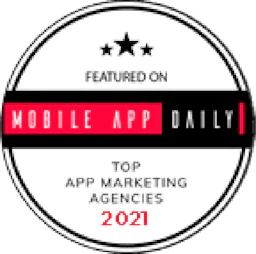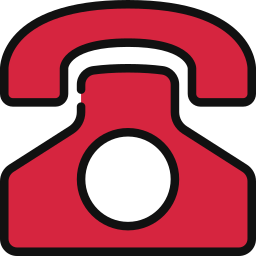App Development Timelines for Startups
For startups looking to create an app, one of the most daunting tasks is determining the app development timeline. The process can be overwhelming due to multiple phases that require strategic planning, coordination, and the involvement of various teams.
Without a proper understanding of the app development lifecycle, delays and budget overruns are a real risk. In this blog, we’ll break down the phases, considerations, and factors that impact the app development timelines for startups.
Understanding the Development Phases for Startups
App development is a multifaceted process, which typically involves several key stages. Each phase has its own timeline and requires careful planning to ensure the project stays on track. Here are the main phases involved in app development:
1. Planning and Strategy (2-4 Weeks)
The first step in any startup app project is planning. During this phase, the startup team works with developers to identify the app’s purpose, features, and target audience. This phase often involves determining the scope of the app, outlining the main features, and considering factors like the mobile app strategy for startups.
Key Activities:
- Defining goals and objectives
- Planning app features and functionality
- Establishing timelines and deadlines
- Budget estimation
A clear, well-defined plan during this phase lays the groundwork for the rest of the project and influences the MVP app development for startups.
2. Design Phase (3-5 Weeks)
The design phase focuses on creating the user interface (UI) and user experience (UX) for the app. During this stage, the app’s design is fleshed out, including wireframes, mockups, and prototypes. The goal is to create an intuitive, attractive, and user-friendly design that aligns with the vision for the app.
Key Activities:
- Wireframing and prototyping
- Creating UI/UX designs
- User-centric design for startup apps to ensure the interface meets user expectations
- Gathering feedback from key stakeholders to refine the design
This phase can be more time-consuming if changes are required, but it’s crucial for ensuring the app’s usability and visual appeal.
3. Development Phase (6-12 Weeks)
The development phase is where the real coding happens. During this stage, developers start building the app based on the design created in the previous phase. It is essential for startups to choose the right tech stack for their app to ensure it meets performance, scalability, and functionality requirements.
Key Activities:
- Coding the app’s features and backend
- Developing the front-end and back-end
- Integrating APIs and third-party tools
Agile Sprint Planning is often used in this phase, allowing developers to work in short cycles (sprints) and frequently assess progress. Each sprint typically lasts 1-2 weeks, which helps in keeping the project on track and adaptable to any changes or feedback.
4. Testing and Quality Assurance (3-5 Weeks)
Once development is well underway, it’s time to test the app to ensure it works seamlessly. This phase focuses on finding and fixing any bugs or issues that might affect the app’s performance or user experience. This step is vital to avoid issues after the app has launched.
Key Activities:
- Functional testing
- Usability testing
- Performance testing
- Compatibility testing (iOS, Android, and various devices)
- Beta testing and gathering user feedback
This is also a critical phase for quality assurance, ensuring that the app is stable and performs as expected.
5. Deployment and Launch (1-2 Weeks)
The launch phase is when the app is officially made available to the public. This stage involves deploying the app to app stores (Google Play, Apple App Store), ensuring it meets all store guidelines, and handling the final distribution. Before the official release, a startup app release plan should be created to detail the marketing strategy, user acquisition plan, and how you’ll handle post-launch issues.
Key Activities:
- Submitting the app to app stores
- Finalizing launch marketing strategy
- Preparing for feedback and bug fixing
This phase also includes post-launch activities such as monitoring user engagement and gathering data to plan updates.
6. Post-launch Support and Updates (Ongoing)
Once the app is launched, it’s essential to continue supporting it by fixing bugs, releasing updates, and adding new features. This phase may involve periodic updates and fine-tuning to keep the app running smoothly.
Factors That Influence App Development Timelines for Startups
Several factors impact the app development timeline for startups. Understanding these elements can help you plan your project more effectively.
1. Project Scope and Complexity
The more features and complexity your app has, the longer it will take to develop. Apps with complex functionalities or advanced technologies (like AI or real-time tracking) may require additional time and resources.
2. Team Size and Expertise
The size and experience of your development team play a significant role in how fast your app is developed. An experienced team may be able to complete tasks more quickly than a less experienced one.
3. Funding and Resources
The available budget for the project can affect the timeline. Adequate funding allows you to hire more developers or purchase third-party services to speed up the process.
4. Tech Stack Selection
Choosing the right technology stack is essential. Using a modern, scalable stack can streamline development, while a poorly chosen stack may slow things down. It’s important to align your tech stack with the functionality your app needs and the performance standards it must meet.
Conclusion
Developing an app for a startup is a complex and time-consuming process, but with careful planning, a well-defined roadmap, and the right team, the timeline can be optimized to achieve a successful launch.
Startups should understand the phases involved, from planning and design to development, testing, and post-launch updates. Having a clear startup app release plan will help streamline this process and prevent delays.
Read More : App Development Timelines for Startups
FAQs
1. How long does it take to develop an MVP for a startup?
Typically, an MVP can take between 2-3 months to develop, depending on the features and complexity of the app.
2. What is the most important phase in app development?
While all phases are critical, the design and development phases are often considered the most important, as they define the app’s functionality, usability, and user experience.
3. How much does it cost to develop a mobile app for a startup?
The cost of mobile app development for startups varies based on complexity, features, and the development team. A basic app can cost anywhere from $10,000 to $50,000, while more advanced apps can cost upwards of $100,000.
4. Can I speed up the development process?
Yes, agile development and proper project management techniques can help speed up the process. Regular sprint planning and effective team collaboration can ensure timely delivery.
5. How do I choose the right tech stack for my app?
Choosing the right tech stack depends on your app’s features, expected traffic, and long-term scalability. Consult with experienced developers to determine the best stack for your specific needs.
BuildBetterApp is a leading Mobile App Development Company in Wilmette and Mobile App Development Company in Westmont, specializing in crafting high-performance mobile applications tailored to businesses of all sizes. Our expert developers leverage cutting-edge technology to create user-friendly, scalable, and innovative apps that drive success in today’s competitive digital landscape. Whether you need a custom iOS or Android app, enterprise solutions, or cross-platform development, BuildBetterApp ensures a seamless and efficient development process. Partner with us to transform your ideas into a powerful mobile application that enhances customer engagement and accelerates business growth.

